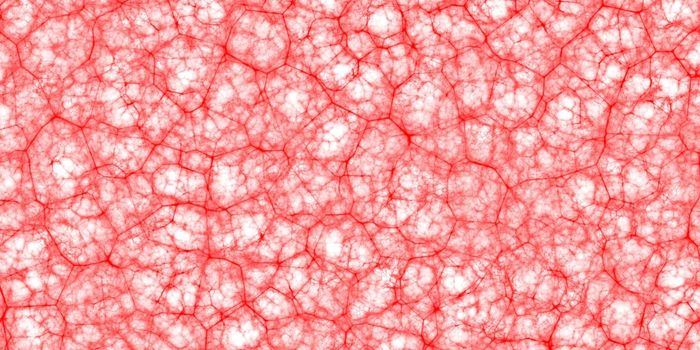Blood Pressure Drugs Impact Kidney Health
Maintaining a healthy blood pressure is very important—people with chronic high blood pressure are four times more likely to die from a stroke and three times more at risk of dying from heart disease. One in three adults globally suffer from high blood pressure, and as part of their clinical management strategies, they are commonly prescribed a class of drugs known as ACE inhibitors.
ACE inhibitors work by blocking angiotensin II, an enzyme that narrows blood vessels and raises blood pressure.
A study by University of Virginia scientists suggests that in the long run, these blood pressure management drugs may be taking a toll on kidney health, eventually leading to irreversible organ damage.
The researchers found that a class of kidney cells called renin cells is responsible for the damage. Renin is a hormone that stabilizes blood pressure. Taking ACE inhibitors inhibits the renin-angiotensin system (the mechanism through which the kidneys maintain the blood pressure), eventually leading to a thickening and hardening of the blood vessels in the kidney.
The researchers observed these physiological changes in the kidney in both humans as well as in lab-based experiments in animals.
"We are now focusing on understanding how these cells, which are so important to defend us from drops in blood pressure and maintain our well-being, undergo such transformation and induce kidney damage," said Maria Luisa Sequeira Lopez, who led the study.
"What is needed is to identify what substances these cells make that lead to uncontrolled vessel growth."
Nevertheless, the scientists say that ACE inhibitors are life-saving medicines, and patients should continue taking them. Following up on the findings of the paper, the researchers called for more extensive, controlled studies to gain a deeper understanding of why today's hypertension drugs damage the kidneys.









